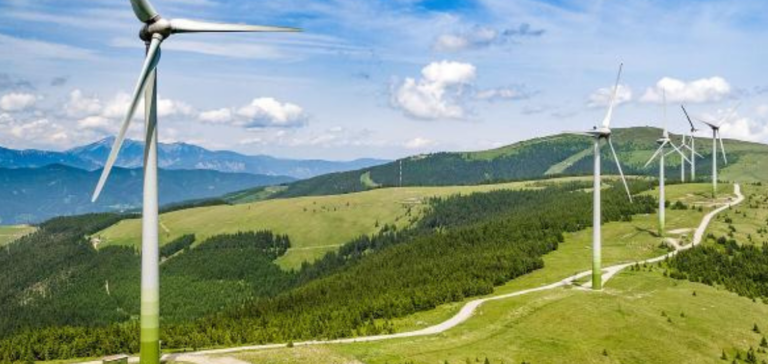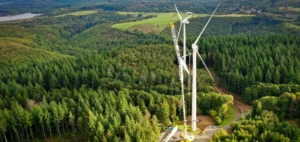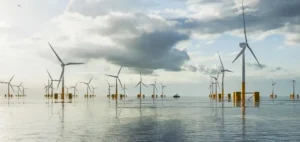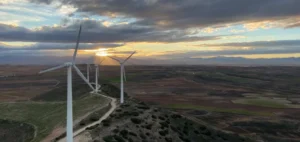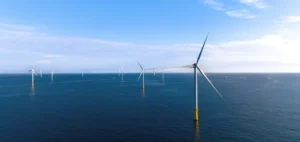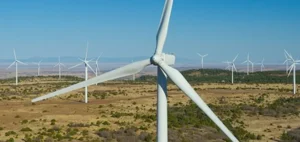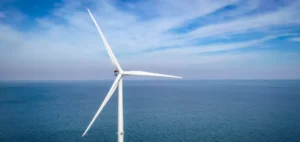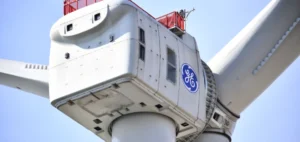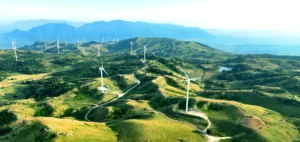The project to build a new wind farm in Austria, supported by the European Investment Bank (EIB) and Erste Bank Austria, is a significant milestone on the road to sustainable energy and reduced dependence on fossil fuels. At an estimated cost of nearly 90 million euros, this major project illustrates a strong commitment to the energy transition.
Financial support from the EIB and Erste Bank
The EIB is contributing 51.5 million euros, while Erste Bank der österreichischen Sparkassen is adding 27.7 million euros. This financial collaboration underlines the importance attached to sustainability and environmental responsibility in the banking sector.
Greenhouse gas emissions reduction and energy independence
The initiative aims to establish a wind farm comprising 11 turbines, with a total production capacity of 45MW. This is enough to meet the average needs of 39,000 households, offering a significant ecological alternative to traditional electricity generation in Austria. This represents a saving of 980 tonnes of CO2.
Strategic Partnerships and Commitment to Sustainability
At the same time, WLK energy signed a 15-year electricity supply agreement with Lenzing AG, a producer of wood-based textile fibers. Messer Austria, a manufacturer of industrial gases, is also a wind power customer. These partnerships reflect a practical commitment to sustainability, offering calculable energy security and a more environmentally-friendly carbon footprint.
The project not only supports the reduction of greenhouse gas emissions in Austria’s energy sector, but also makes a significant contribution to reducing dependence on Russian gas. This is in line with the REPowerEU program’s aim of ending this dependency as quickly as possible.
The Engelhartstetten wind farm project is a prime example of Austria’s commitment to a sustainable energy future.


